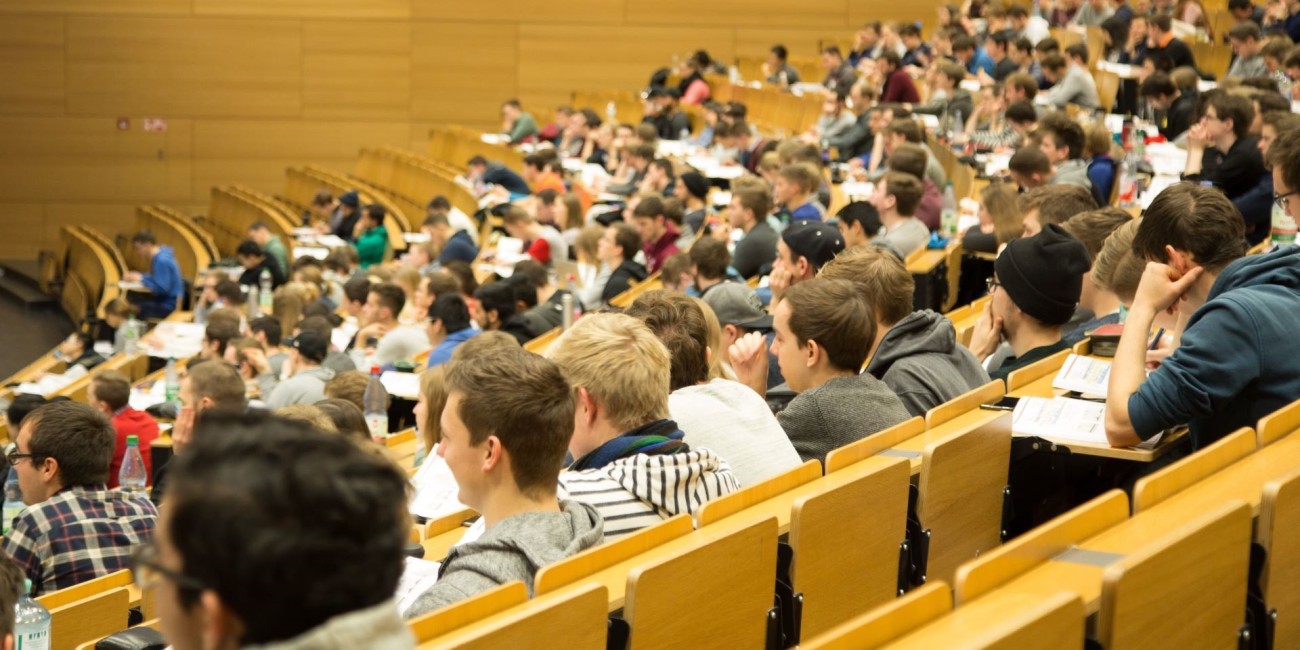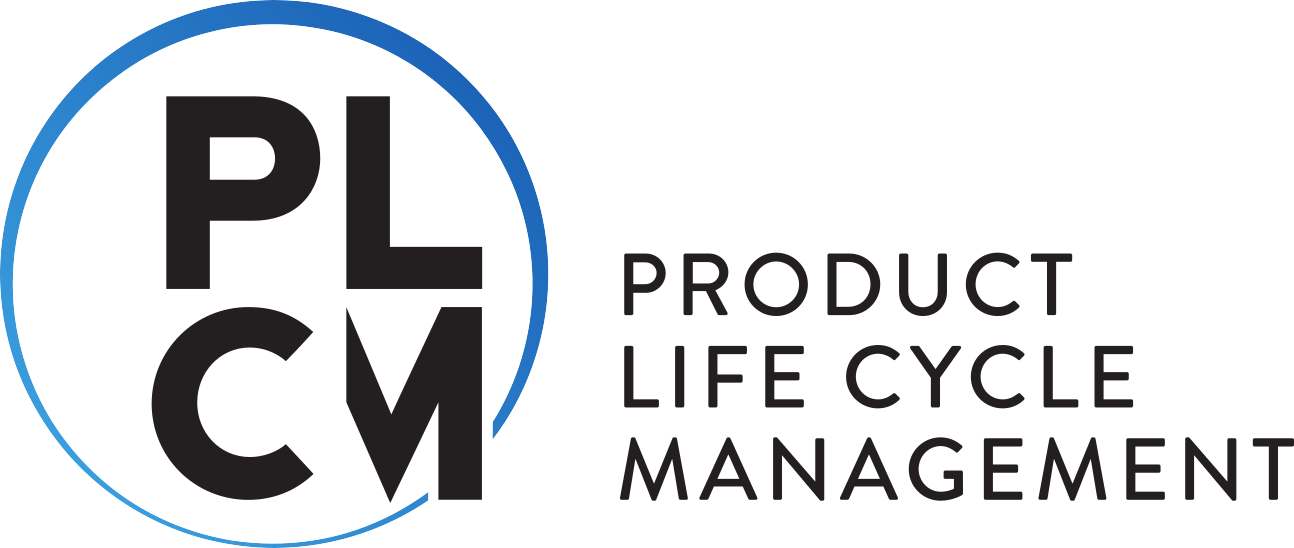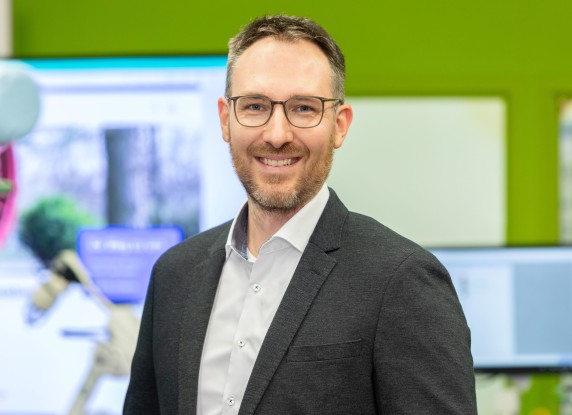Bachelor:
In the second semester students of mechanical engineering and industrial engineering attend to an introduction in computer-aided design (CAD). Especially modelling techniques for 3D-CAD systems considering the process chain product development are being taught. In this lecture and in the corresponding exercise the basics of 3 dimensional design using a parametrical CAD system are being presented and its classification in the development of the solution of design problems is beeing chosen. Here, the educational objectives are the 3 dimensional description of geometrical components, the illustration of design intentions, the generation of product structures plus the definition and search of standard parts and purchased parts.
The team orientated work method in the exercise is systematically supported by a PDM system. The found solutions have to be demonstrated and documentated in different ways, whereat the deduction of standardised engineering drawings from 3D models has great importance. All documents of the lecture are beeing offered in Internet, whereby the students are being taught in the self responsible handling with tools of the modern information technology.
The lecture “Fundamentals and Applications of Digital Twins” provides a comprehensive introduction to the concept of Digital Twins and their versatile applications in industry, research, and development. It is designed for anyone interested in digitalization, intelligent networking, and innovative technologies. Through interdisciplinary insights and practical examples, you will learn how Digital Twins optimize the entire product lifecycle and drive digital transformation.
Master:
The subject area of the lecture Virtual Product Development A (formerly Product Data Technology A – PDT A) includes a primary introduction to modern product data technology. Here, especially the product concept and the administration of necessary product information for the complete product specifications are placed in the foreground. So miscellaneous geometry models used in CAD-systems with its computer internal product specifications are discussed and the most important CAD-process chains of product creation starting from the product concept until the manufacturing process are presented and are analyzed and discussed with the help of suitable examples.
The centre point of the lecture Virtual Product Development B (formerly product data technology B – PDT B) is the importance of product data management and its features. Thereby both basic technologies and basic conditions for product data management systems are reviewed. Just as well the organisational requirements for application are discussed. In addition an insight into the architechture of PDM systems is delivered. For clarification different data models are presented exemplarily. Due to its significance workflow management systems are examined next to PDM management systems in detail.
In the lecture “Virtual Product Development C: Product and Process modeling” different principles, methods and tools for product and process modelling are presented. For instance principles of system technology, hierarchic structuring and modelling are reviewed. The methods of model design and its specification are demonstrated and discussed. Systematic data modelling is being presented in view of ISO 10303 “Standard for the Exchange of Product Model Data” by use of SADT, EXPRESS and EXPRESS-G. The concepts of process modelling are explained with the help of business process modelling with EPK and BPMN2. Further focuses of this lecture are object orientated modelling with UML as well as the new methods of communication in terms of Industrie 4.0. Particular emphasis within the lecture is on deepening theoretical knowledge with the help of practical examples and smaller exercises.
An overview and a linking to the courseware of the previous terms as well as all other courseware can be found at the website of the IiM



